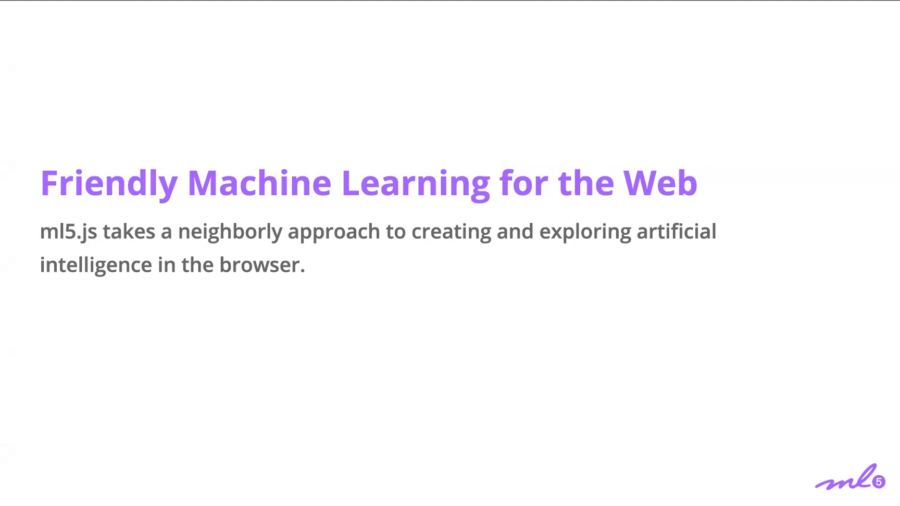I’ve found that identifying ways to be a part of shared collaborative and community projects that produce knowledge or build infrastructure that has been influential and instructive for me has connected me to a lot of really amazing people and ideas. And so, most relevant to this presentation I want to talk about how my more recent work as an open source maintainer has actually helped me learn more about how to be present in communities that are important to me.
Archive (Page 1 of 5)
A bunch of us met up on New Year’s Eve 1996 at the show at Roseland in New York. And you know, it was so hard for me to explain to people that I was going to go meet people from the Internet and no they weren’t going to murder me, you know.
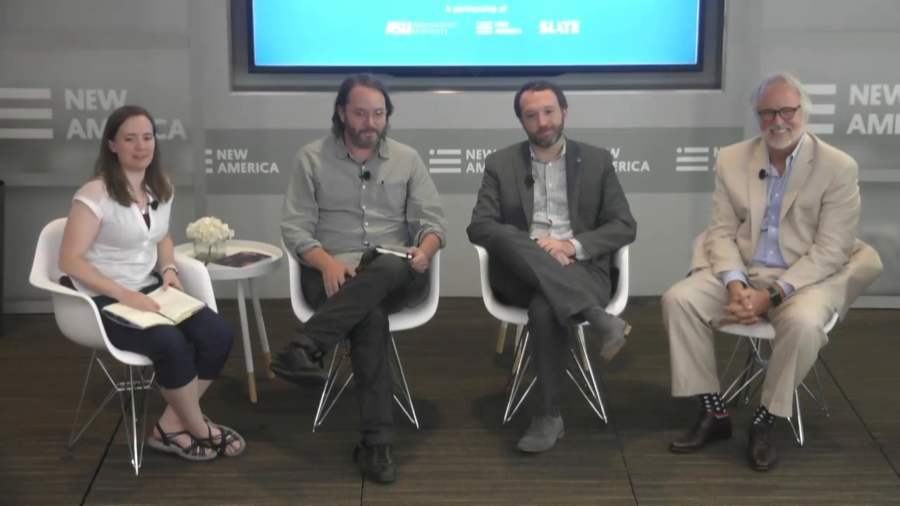
Community is always part of a system that we sometimes can or cannot see or recognize. And in Gerard O’Neill’s proposals for these islands in space, those communities…were supposed to perform a very specific function in a larger system. They were supposed to be experiments.
There’s a lot of beautiful things. And I think if there’s one thing I’m most deeply disquiet about it’s…power. Why are we doing almost nothing about climate change? It’s because despite the fact that most people on earth and many government on Earth do, the oil corporations and the governments most closely allied to the oil corporations, notably ours, don’t want to do anything.
Historians get really nervous about patterns. That’s changing a bit now. And the truth of it is there’s not much way to avoid the 500-year cycle. You almost have to work too hard to unsay it, it’s so obviously there in every way. And if you say every 500 years we go through one, then you immediately say we’re in the 21st century and baby are we going through one.
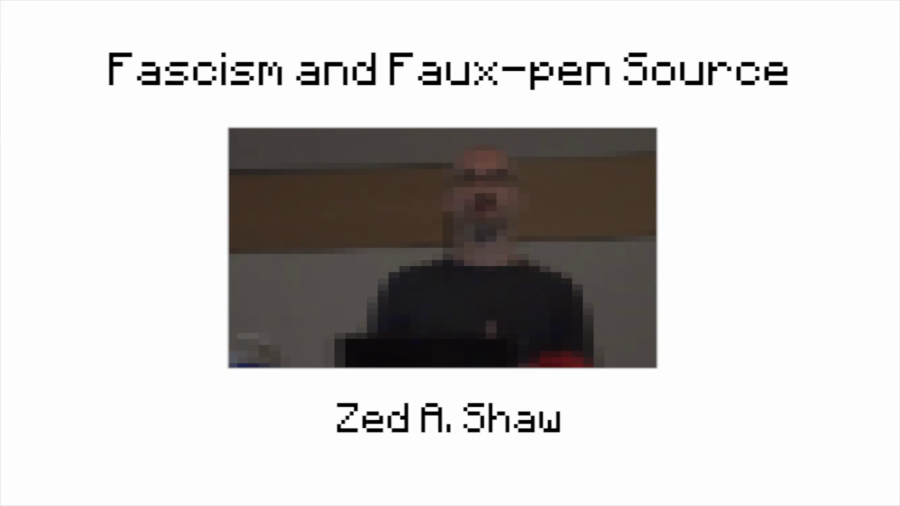
I’m going to teach you how to run your open source project in a fascist style. So friends, Ruby programmers, listen up. I discovered a revolution, a revolution in marketing open source. A revolution in marketing social media marketing. A revolution in promotion better than guy-liner. A revolution in you. It will change your life. It will change everyone’s life. The revolutionary technique is fascist propaganda.
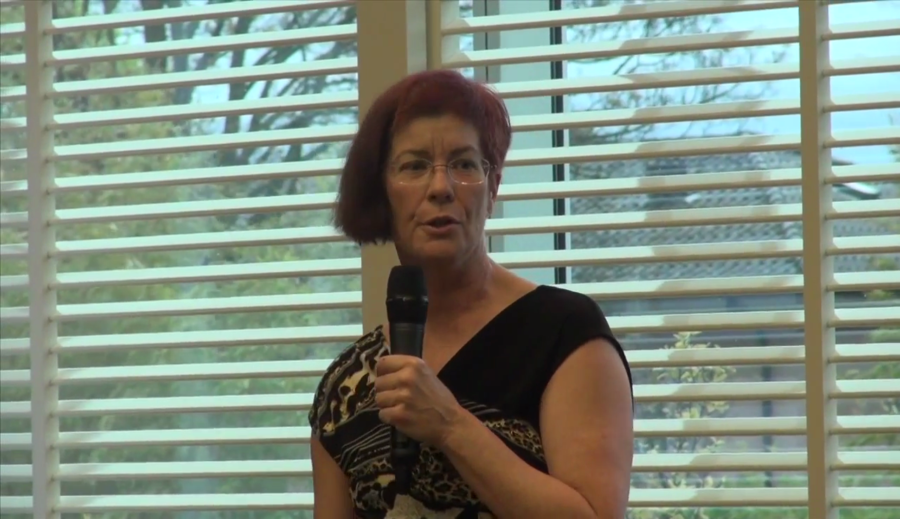
The thing that always amazed me about [the Internet] is that it was just there. It wasn’t a giant announcement. It wasn’t a person. It wasn’t an organization. It was just there.
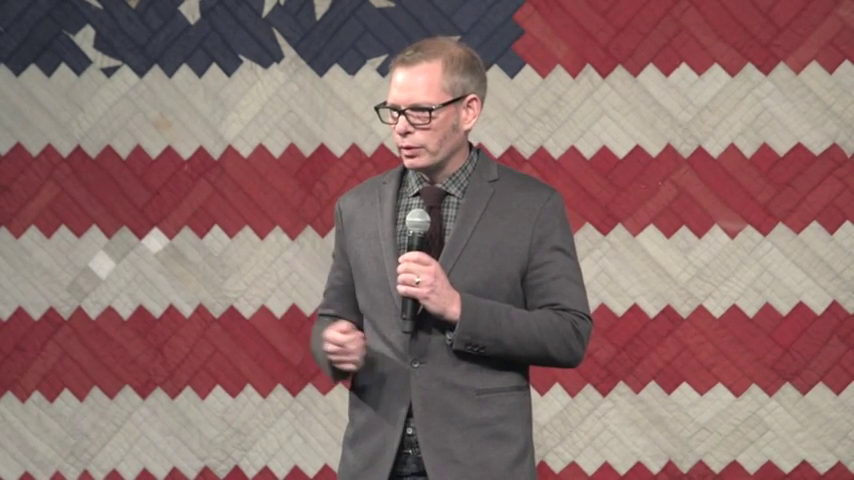
I think there’s an unprecedented opportunity to change our relationship with political power. And I don’t think we need to be afraid of it. I don’t think we have to compromise our core principles in order to do it.
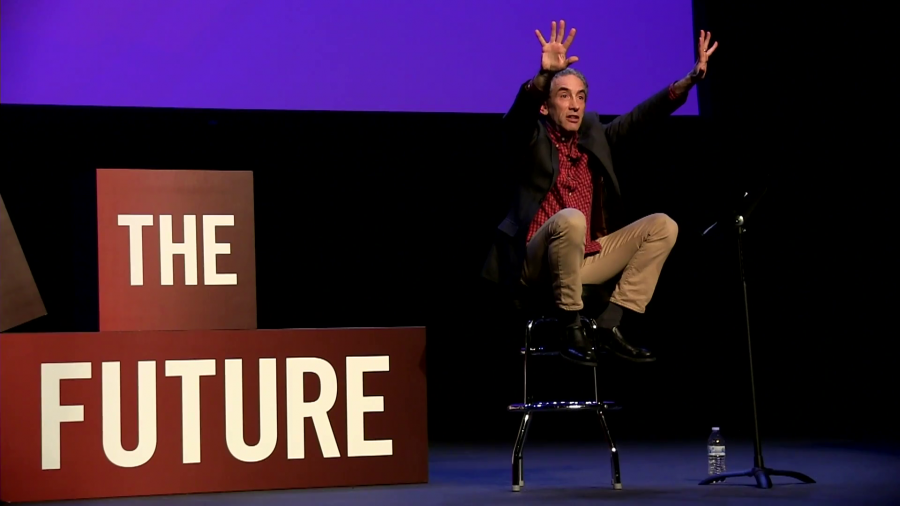
Google just has to grow. It has to keep growing. But Google grows at its own peril. Google grew so much that what happened? It outgrew Google. Google had to become what? Alphabet. Now what is Alphabet? Alphabet is not Google. Alphabet is a holding company. So Google’s new business as Alphabet is to do what? It’s to buy and sell technology companies. So, once a company becomes just too big to flip anymore, it becomes a flipper of other companies.

